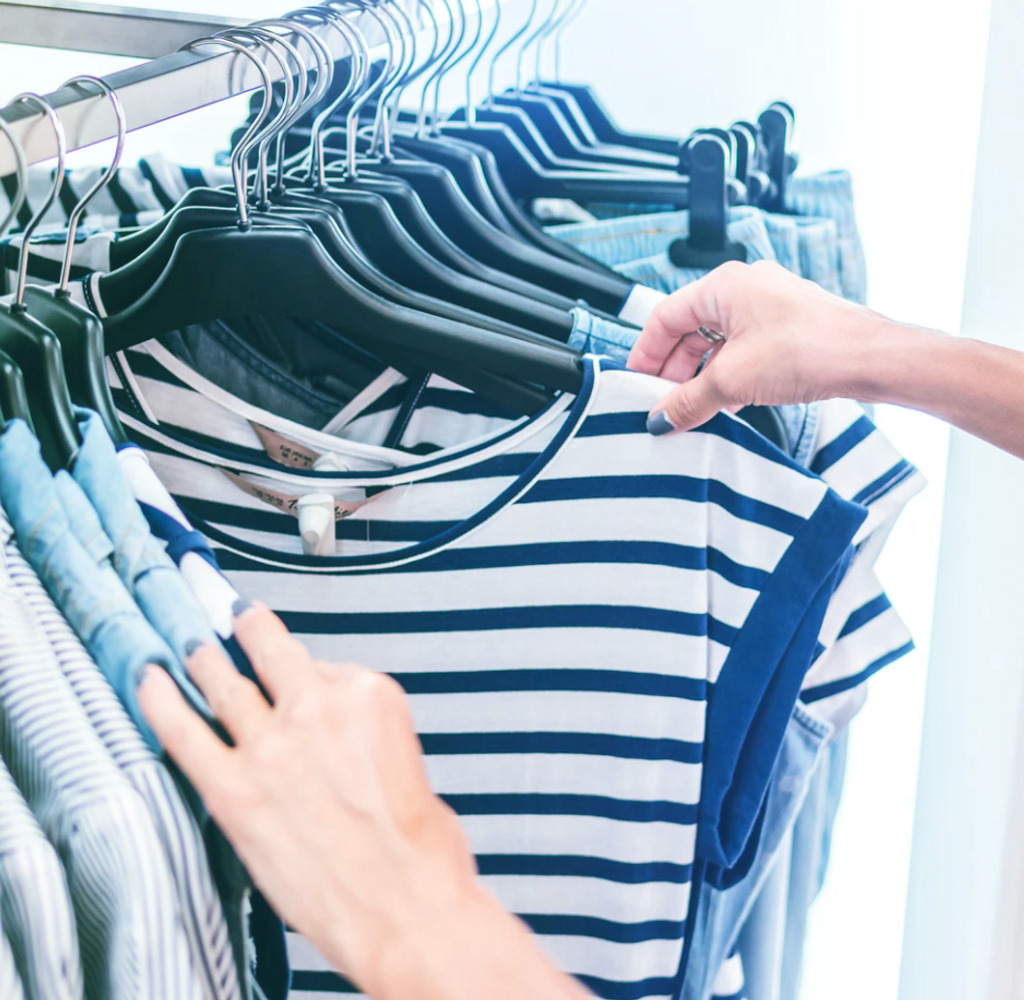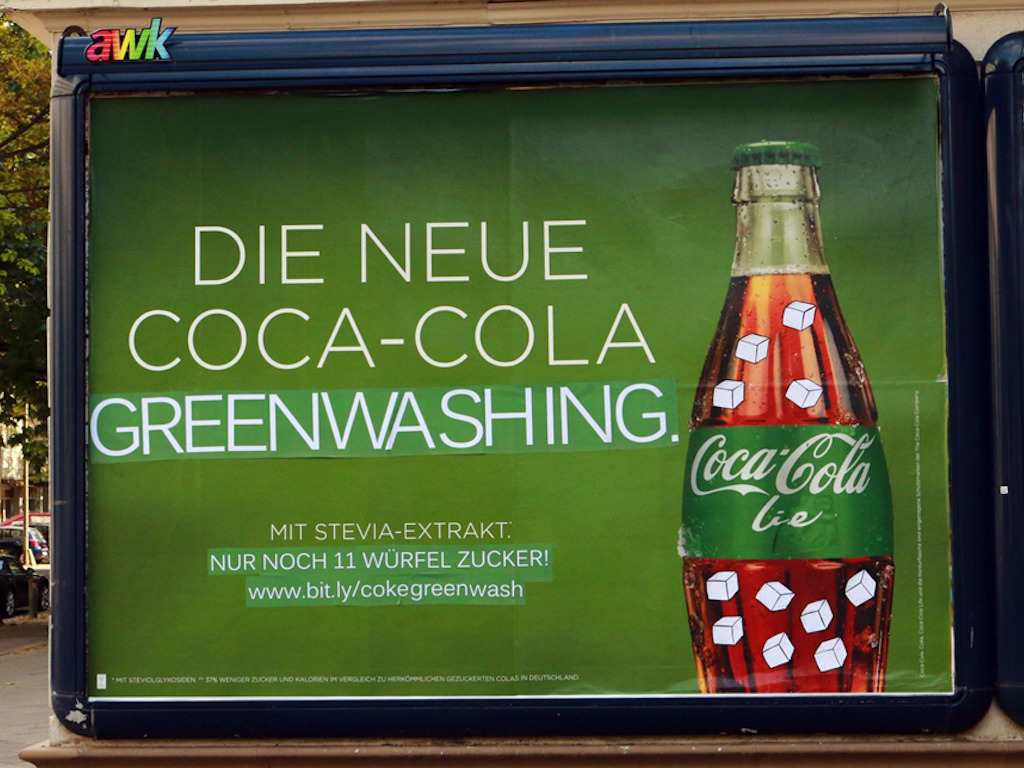4 Mins Read
According to a recent study of online shops and traders by the European Union and national consumer protection authorities, ‘greenwashing’ is quite common in online stores meaning that several of the ‘green’ claims on companies’ websites are exaggerated, false, and potentially illegal.
A recent study conducted by a group of EU consumer authorities showed that in order to address shoppers’ increasing demand for sustainable goods, greenwashing was found to be quite prevalent where an increasing number of false claims are made by companies exaggerating their environmental credentials to win over customers.
To help you better understand what greenwashing means, we have listed a few definitions –
- to misleadingly label otherwise harmful and/or toxic products and services green and/or environmentally friendly;
- to deceptively, superficially and/or insincerely show concern for the environment through green PR or green marketing;
- to spend large amounts on green PR or green marketing instead of spending it directly on the environment,
The study examined 344 ‘suspicious’ sustainability claims made online by companies dealing with clothing, textiles, cosmetics, personal care, and household equipment sectors.
Terms such as ecological, organic, and environmentally friendly were used frequently and without substantiation and we can fine businesses that make false or misleading sustainability claims
The Netherlands Authority for Consumers and Markets (ACM)
Out of this number, national authorities had proof to believe that 42% of these claims were false, deceptive, and potentially an unfair commercial practice under the EU law. In several cases, companies failed to offer shoppers substantial information to assess the environmental claim, whereas 37% of cases used random terms without anything to show for it.
The Netherlands Authority for Consumers and Markets (ACM) listed the terms used in these false claims. “Terms such as ecological, organic, and environmentally friendly were used frequently and without substantiation and we can fine businesses that make false or misleading sustainability claims.
EU Justice Commissioner Didier Reynders said that while some companies strive to create eco-friendly products, others deceive consumers with vague, false or exaggerated claims.
Too many websites appear to be pushing misleading claims onto consumers, which means that companies offering products with a genuine environmental benefit are not getting the customers they deserve
Andrea Coscelli, chief executive of the U.K. Competition and Markets Authority
The Commission did not mention the names of the companies assessed adding that the concerns raised by national authorities will be dealt with.
Johnny White, lawyer at environmental law charity ClientEarth, highlighted that greenwashing is not just limited to the consumer goods sector. “Big companies with environmentally damaging business practices, like fossil fuel businesses, are spending huge amounts on reputational advertising to mask their environmental impact credentials.”
The findings in the study will also help inform the upcoming EU legislation, due to be proposed this year, that might include mandatory minimum requirements for sustainability logos along with companies meeting certain criteria to provide information on a product’s environmental credentials, to help tackle greenwashing.
Andrea Coscelli, chief executive of the U.K. Competition and Markets Authority, which co-led the sweep with the ACM said: “Too many websites appear to be pushing misleading claims onto consumers, which means that companies offering products with a genuine environmental benefit are not getting the customers they deserve.”

Meanwhile, a review by the International Consumer Protection Enforcement Network (ICPEN) found that consumers need to be aware of products that boast and exaggerate environmental credentials as it won’t be as green as it claims. For instance, baby wipes that claim to be 0% plastic or dairy-free milk that declares itself as ‘sustainably sourced’ are some of the products that can be breaking the law.
Three types of misleading claims were identified that include random ‘eco’ statements such as one high street fashion retailer promoting clothes as ‘recycled cotton’ without mentioning the amount of recycled cotton used.
No matter what you are shopping for, below are some ways that you as a consumer can use to tackle greenwashing:
- Educate yourself as much as possible about environmental issues and practices
- Demand stronger and clearer regulation with regards to environmental certification from our governments
- Be more vigilant in terms of reading labels and questioning product claims
- Hold brands and companies to higher standards of integrity and companies to stricter green policies
Lead image: Coca-Cola advertisement in Germany courtesy of WTVOX.




